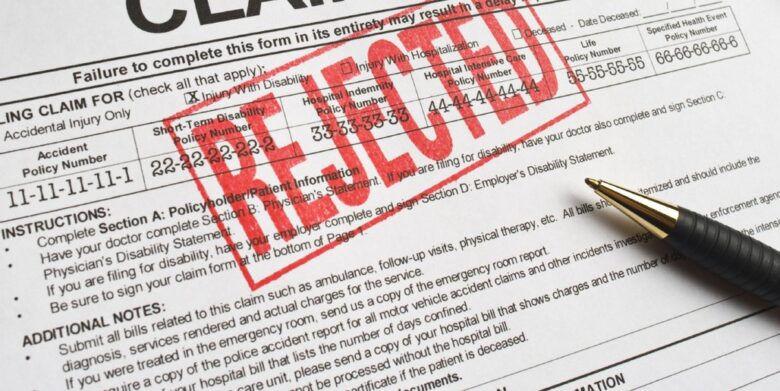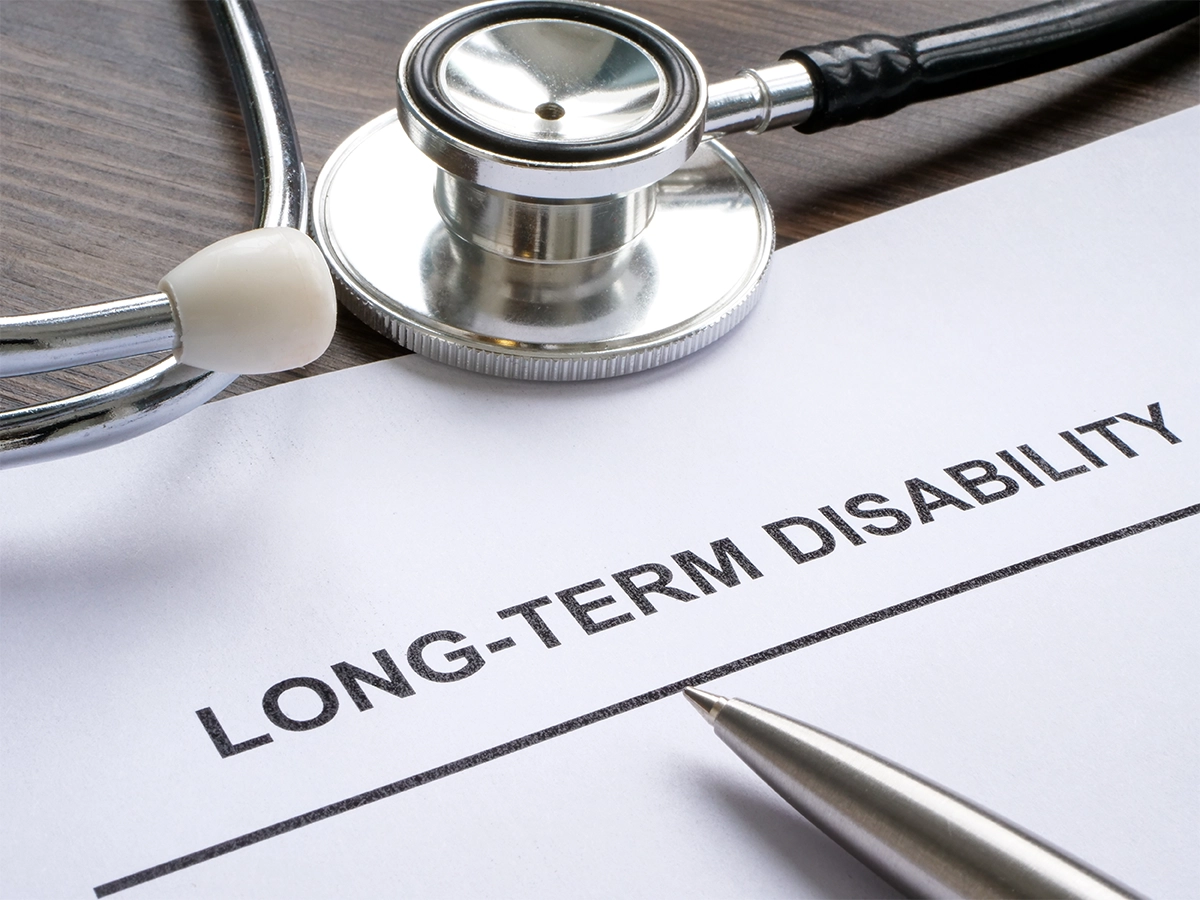Facing a long-term disability can be incredibly stressful and challenging. Not only are you coping with health issues, but the financial burden adds another layer of anxiety. The stress can multiply if your long-term disability (LTD) claim is denied. However, a denial does not necessarily mean the end of your claim. There are several steps you can take to appeal the decision and potentially secure the benefits you deserve. This article will guide you through the critical steps to take if your LTD claim is denied, offering valuable insights into the process and helping you understand your rights and options.
Understanding Why Your Claim Was Denied
The first step after receiving a denial is to understand why your claim was rejected. Insurance companies typically provide a denial letter explaining the reasons for their decision. These reasons may vary, but common causes include insufficient medical evidence, failure to meet policy definitions of disability, non-compliance with treatment, or errors in the application process. Understanding the specific reasons for the denial will help you address the issues directly in your appeal.
Request a Copy of Your Claim File
Once you have received a denial letter, it’s essential to request a copy of your claim file from the insurance company. This file contains all the documents, medical records, and other information the insurance company used to make its decision. Reviewing your file will give you insight into what might be missing or incorrect and help you gather the necessary evidence to support your appeal.
Consult with a Long-Term Disability Lawyer

Navigating the appeals process can be complex and overwhelming, especially when dealing with health issues. Consulting with a long-term disability lawyer can provide you with the expertise and support you need. A lawyer specializing in LTD claims will understand the intricacies of insurance policies, the common tactics used by insurance companies to deny claims, and the legal requirements to appeal successfully. They can also help you gather additional medical evidence, communicate with your insurance company, and represent you in court if necessary. To find more information about consulting a lawyer, Check here.
Gather Additional Medical Evidence
One of the most common reasons for a denied LTD claim is insufficient medical evidence. To strengthen your case, gather additional medical documentation to support your claim. This may include:
- Detailed Medical Records: Obtain comprehensive records from all healthcare providers involved in your treatment, including doctors, specialists, therapists, and hospitals. Make sure these records clearly outline your diagnosis, treatment plan, and how your condition impacts your ability to work.
- Medical Reports: Request detailed reports from your treating physicians. These reports should explicitly address how your medical condition prevents you from performing your job duties. A clear and thorough explanation from your healthcare provider can significantly impact the success of your appeal.
- Functional Capacity Evaluation (FCE): An FCE is a specialized assessment conducted by a physical therapist or occupational therapist to evaluate your physical capabilities and limitations. It provides objective data on your ability to perform work-related tasks, which can be crucial evidence in your appeal.
- Independent Medical Examination (IME): In some cases, you may consider undergoing an IME by an independent doctor who is not affiliated with your insurance company. An IME provides an unbiased opinion on your condition and can strengthen your case if it aligns with your treating physician’s assessment.
Prepare a Comprehensive Appeal Letter

When appealing a denied LTD claim, you will need to submit a formal appeal letter to the insurance company. This letter is your opportunity to address the reasons for denial and provide new or additional evidence to support your claim. A well-drafted appeal letter should include:
- A clear statement of your intention to appeal the denial
- An explanation of why you believe the denial was incorrect
- A summary of your medical condition and how it impacts your ability to work
- New or additional medical evidence, including reports, records, and assessments
- Any other relevant information, such as statements from colleagues or supervisors regarding your inability to perform your job
Follow Up with Your Insurance Company
After submitting your appeal, it’s essential to follow up with your insurance company regularly. Insurance companies are often overwhelmed with claims, and delays are common. Staying proactive and keeping track of your appeal’s status will help you avoid unnecessary delays and ensure that your case is being handled properly. Keep records of all communication with the insurance company, including emails, phone calls, and letters, as these may be useful if your appeal needs to go to court.
Be Prepared for a Long Process
The appeals process can be lengthy, often taking several months or even years. It’s essential to be patient and persistent. Your health and financial well-being depend on the outcome, so maintaining focus and commitment to your case is crucial. During this time, continue to follow your treatment plan and keep records of all medical appointments and any changes in your condition. This ongoing documentation will support your case and demonstrate that your condition is genuine and persistent.
Consider Legal Action

If your appeal is denied again, you may need to consider taking legal action against the insurance company. A long-term disability lawyer can guide you through the process of filing a lawsuit. This step is more complex and may require you to present your case in court, where a judge will decide the outcome. Legal action can be costly and time-consuming, but it may be the best option if you believe your claim has been unjustly denied. Consulting a lawyer early in the process can help you prepare for this possibility and ensure you have the best chance of success.
Understanding Your Policy
It’s essential to understand the specifics of your LTD insurance policy. Policies can vary significantly, with different definitions of disability, varying levels of coverage, and specific requirements for claim approval. Carefully reviewing your policy documents will help you understand what you need to prove to qualify for benefits. If you find the language of the policy confusing or ambiguous, your lawyer can help interpret the terms and conditions and how they apply to your situation.
Keeping Financial Records
While going through the appeals process, it’s important to keep detailed financial records. Document any income loss, medical expenses, and other costs associated with your disability. These records will provide evidence of the financial impact of your disability and help demonstrate your need for LTD benefits. Accurate financial documentation can also be essential if you need to take legal action.
The Importance of Persistence
Navigating a denied LTD claim can be frustrating and disheartening. However, persistence is key. Many people who initially face a denial successfully secure their benefits after appealing. By staying organized, following the steps outlined in this article, and seeking professional legal help, you can significantly improve your chances of a successful outcome.
Final Thoughts

A denied long-term disability claim can feel like a significant setback, but it is not the end of the road. By understanding why your claim was denied, gathering additional evidence, consulting a lawyer, and preparing a strong appeal, you can improve your chances of success.



